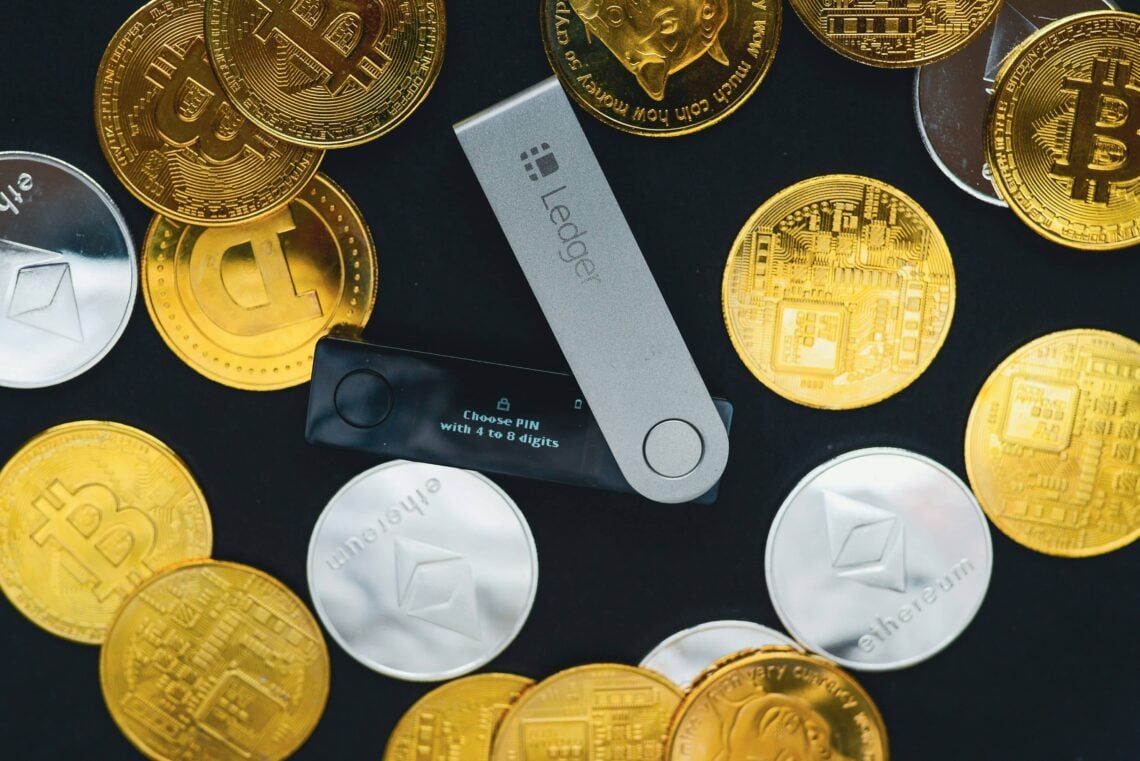The crypto wallet MetaMask has recently implemented a series of updates and new features that enhance user privacy.
These changes allow users to customize their portfolios according to their privacy preferences, offering greater control over the information shared and the security of transactions. Let’s see all the details below.
The new features of the MetaMask crypto wallet offer more options for privacy customization
As anticipated, Consensys, the company behind MetaMask, has recently revisited its privacy policy to strengthen user consent, transparency, and control over personal data.
According to a press release, these changes are designed to implement enhanced privacy and security measures for all services offered by Consensys, including MetaMask:
“Being a blockchain software company with the mission to unlock the collaborative power of communities and make Web3 accessible and easy to use for everyone, we understand the importance of privacy.”
This commitment translates into a series of significant updates to the company’s privacy policy.
Consensys has improved the transparency in the handling of IP (Internet Protocol) addresses and expanded the scope of the privacy policy. This is to include services such as MetaMask Institutional, MetaMask Developer, Linea, Teku, Besu, and Phosphor.
Furthermore, a new opt-out feature has been introduced for privacy-conscious users, offering them the possibility to further limit the collection of their device information and its usage. As explained:
“Regarding IP addresses, in particular, we can temporarily process the user’s IP address only if necessary for some of our Services (depending on MetaMask settings) to ensure the best possible experience for users. This includes, for example, the prevention of DDoS attacks.”
For those who wish to maximize their privacy, Consensys recommends the use of private virtual networks (VPN). These networks can help further limit the collection of data related to the device and usage, ensuring greater protection of personal information.
Data management in case of violation
A representative of Consensys explained the company’s protocol for managing IP addresses in case of a data breach:
“In case of a data breach, IP addresses will be treated the same way as any other category of personal data. Our security team will act immediately to contain the incident and we will comply with all notification obligations related to the incident.”
These updates mark a significant step for Consensys in protecting user privacy, aligning with the company’s mission to make the Web3 more secure and accessible for everyone.
In addition to introducing new features, MetaMask has revisited its privacy policy to provide a clear and transparent summary of how it handles user information.
Consensys, the company behind MetaMask, wanted to assure users of greater protection of their personal data, clarifying what it does and does not do with the information collected.
In its disclosure, MetaMask specifies that it does not collect users’ private keys, does not sell their personal information, and does not collect or store personal data unless it is strictly necessary to provide the requested services.
Furthermore, MetaMask does not collect financial, payment, or banking information, ensuring users a high level of confidentiality and security.
Clarifications on the scope of application of privacy
Consensys has further clarified that the Codefi and Quorum platforms have been removed from the scope of MetaMask’s privacy policy.
This change means that the information related to these services is no longer managed according to the terms of the MetaMask privacy policy. Thus offering users greater clarity on how and where their data is used.
These updates reflect Consensys’ commitment to ensuring security and transparency for MetaMask users. The company continues to improve its services to maintain user trust.
This article was originally published by a en.cryptonomist.ch . Read the Original article here. .

